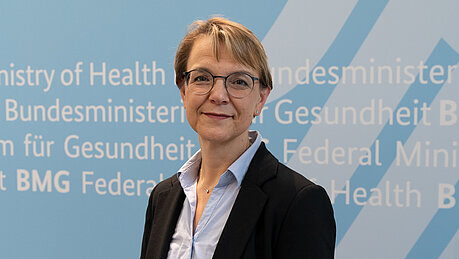Hospital Reform
The main goals of the Hospital Reform are: assuring and increasing the quality of treatments, ensuring healthcare for patients everywhere in Germany, enhancing the efficiency of hospital care and reducing bureaucracy.
The system of case flat rates has put too much economic pressure on hospitals. Without a change, many hospitals would be at risk of closing.
Instead, the Hospital Reform ensures that essential hospitals receive service maintenance flat rates if they meet the relevant quality criteria and they were assigned the respective service groups by the Länder. This means, the future of these hospitals will be secured, even if they offer comparatively few treatments. As a result, quality rather than quantity has now become the most important factor in healthcare delivery.
Details on the project
- The system of case flat rates is largely being replaced. In the future, essential hospitals will receive service maintenance flat rates as additional remuneration. This means, the future of these hospitals will be secured, even if they offer comparatively few treatments.
- In determining quality criteria for the individual service groups, which are assigned to the hospitals by the Länder, we ensure that quality rather than quantity is now the most important factor when it comes to healthcare delivery. The new system of service maintenance flat rates gives hospitals a chance to survive. Patients can rely on receiving treatments that are really necessary and performed well.
- Patients have a right to know which hospital offers what services at what level of quality. Since May 2024, information on the extent and quality of the inpatient care delivered in Germany as well as on the staffing levels at hospitals are published in an easy-to-understand and transparent manner in the Federal Hospital Atlas (Bundes-Klinik-Atlas).




























